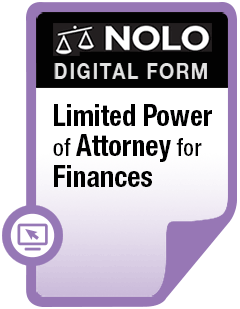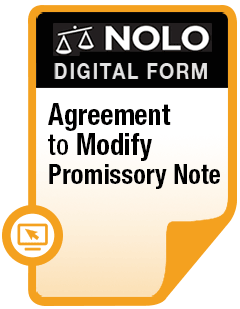What happens if you're late on your credit card payment? Make sure you know what a credit card grace period is, and whether your credit card has one.
If you make a purchase on a credit card, you might have a window of time to pay off the new balance without paying finance charges. This period is called a "grace period." The grace period runs from the end of a billing cycle to the next payment due date. If you pay off the new balance in full before the due date, you don't have to pay additional interest or other finance charges.
For example, say you purchase a $500 washing machine using your credit card on April 1. Your billing cycle closes on April 15. The payment due date is May 7. If you don't have an unpaid balance and pay $500 on or before May 7, then your next bill should reflect a beginning balance of zero, assuming you make no other charges during that billing period.
How Does a Credit Card Grace Period Work?
Credit card companies don't have to provide you with a grace period. But if your creditor offers you a grace period—and many usually do—then the details of that grace period should be clearly described in your credit card agreement. This includes the length of time you have to pay off the balance before incurring new finance charges.
Many credit card issuers don't give you a grace period if you don't pay off the balance each month. If you're carrying a running balance each month, grace periods are effectively meaningless for you. If you don't pay off the new balance in full, then interest and finance charges will usually run from the date you first made the charge. Interest charges on new purchases may start to accrue immediately if you have an unpaid balance on your credit card.
Even if the credit card company provides a grace period for credit card charges, it might not provide one for cash advances or balance transfers. In that case, you would need to pay those charges off immediately, and before the due date, to avoid finance charges.
Example of How a Credit Card Grace Period Works
You purchase a $500 washing machine using your credit card on April 1. Your billing cycle closes on April 15. The payment due date is May 7. You have a prior unpaid balance of $200. Your credit card doesn't provide a grace period if you carry a balance.
You make a payment of $500 on May 6, intending to pay off the new purchase. Because you don't have a grace period, your next bill will include finance charges on a balance of $700 for a 36-day period, going back to the original purchase on April 1, plus finance charges on the remaining balance of $200 from May 6 through the end of the billing cycle on May 15.
Payment Due Dates Under the CARD Act of 2009
Effective February 22, 2010, under the Federal Credit Card Accountability, Responsibility and Disclosure Act of 2009 (CARD Act of 2009), you have at least 21 days to pay your new bill. This means that the credit card company must mail or deliver your bill to you at least 21 days before your next payment is due. If you have a grace period, you are entitled to at least 21 days from the time you receive your bill to pay off the new balance before incurring finance charges.
The payment due date must be the same every month. The credit card company can't change it. You're allowed to make the payment up until at least 5 p.m. on the due date. The creditor can't cut it short. In addition, if your payment due date falls on a weekend or holiday, you have until the next business day to make that payment.
Get More Information
For more information on credit cards and how to get out of debt, get Solve Your Money Troubles: Strategies to Get Out of Debt and Stay That Way, by Amy Loftsgordon and Cara O'Neill (Nolo).
Talk to a Lawyer
Need a lawyer? Start here.
How it Works
- Briefly tell us about your case
- Provide your contact information
- Choose attorneys to contact you
- Briefly tell us about your case
- Provide your contact information
- Choose attorneys to contact you



